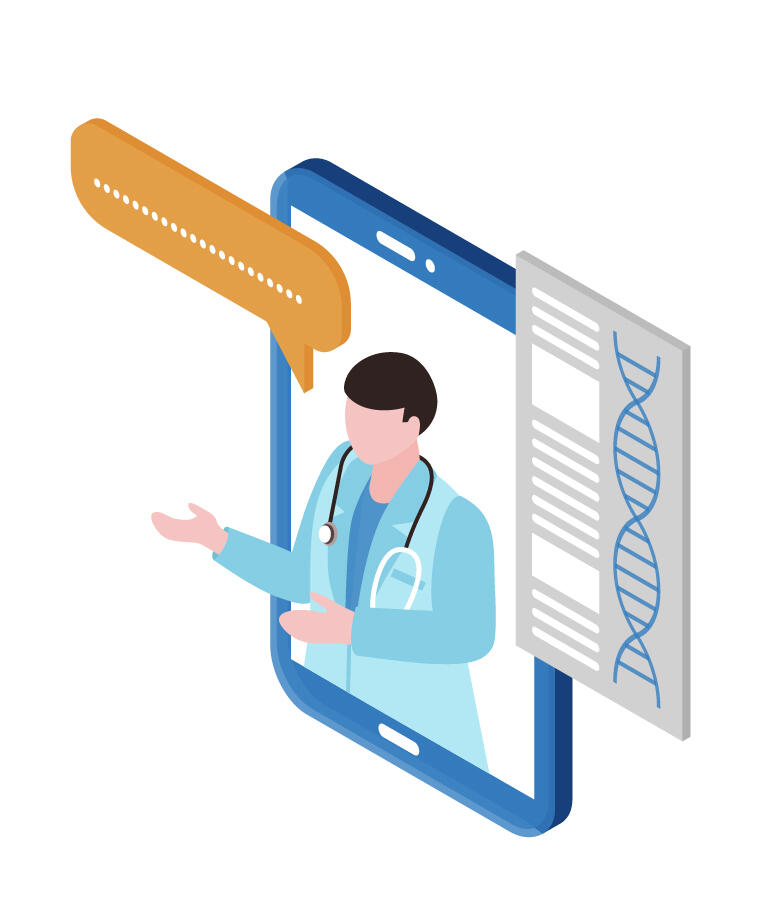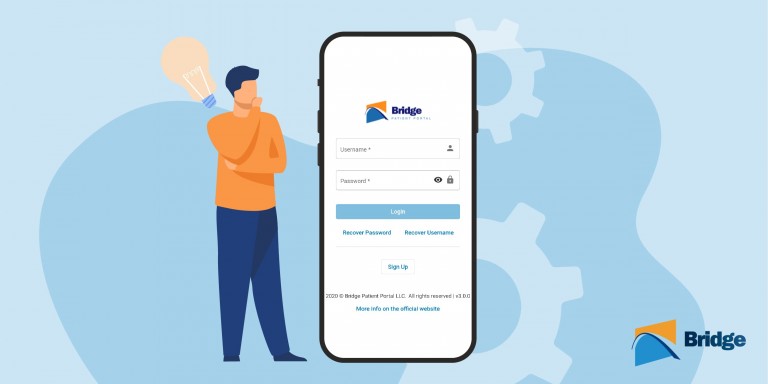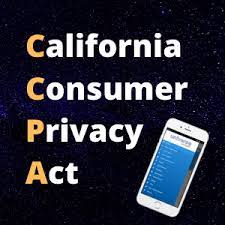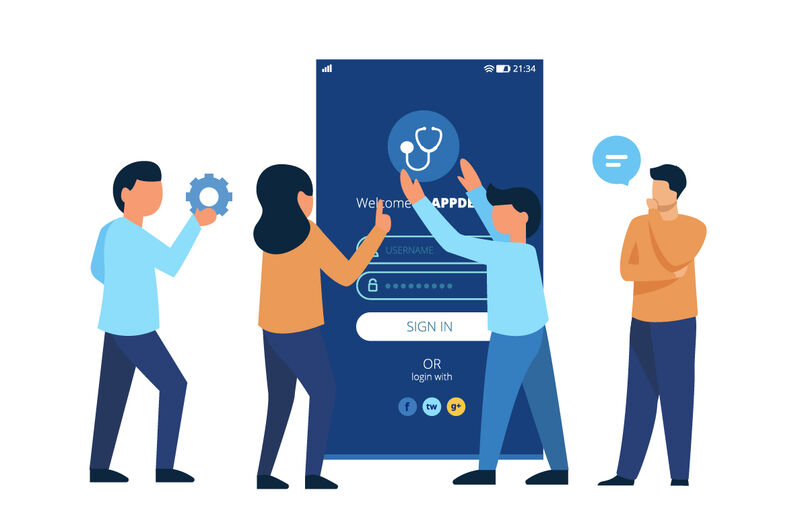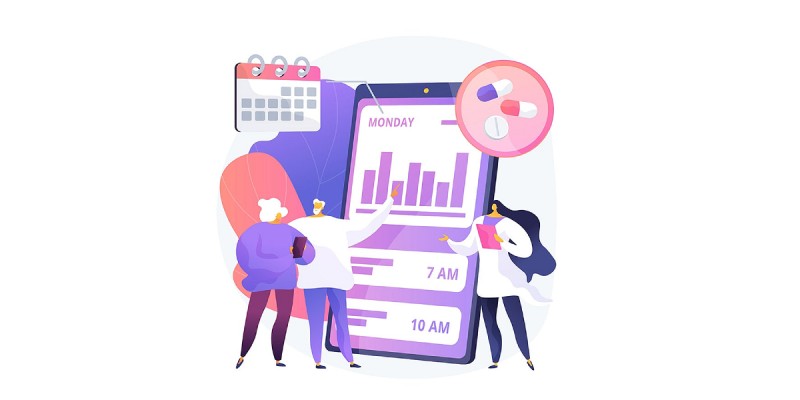What’s Driving the Rapid Expansion of the mHealth App Market?
When it comes to advances in technology, the healthcare industry has always lagged somewhat behind others - and mobile applications have been no exception. The vast majority of hospitals, health systems, and other large healthcare organizations still do not offer an mHealth app that would allow patients to schedule appointments, pay bills online, securely message their providers, or access their medical records. But this is starting to change. At my company Universe mHealth, which offers an app platform that makes it easier and more cost-effective for healthcare organizations to develop an app, we’ve been seeing a marked increase in the number of organizations that are committed to creating an app for their patients. There are a number of factors that may be behind this shift.Developing an App Has Become Less Expensive
The cost to develop an app has gone down significantly over the past few years. By using technologies such as React and Angular, apps for both iOS and Android can be developed at a lower cost than before. React and Angular allow code to be shared between Android and iOS, which means that it’s no longer necessary to write code in different code technologies for different mobile operating systems. The same team (or individual) can code both the Android and iOS versions, which means fewer people working on the project and fewer hours to develop. Maintaining the apps is less costly as well, as one codebase is easier to maintain than two. Additionally, updates are faster, as it’s not necessary to go through the app review process if the change being made is to parts of the code that aren’t native.It’s Easier to Interface with Other Medical Software Systems
Creating a mobile app with useful functionality requires the ability to successfully interface with the organization’s other software systems - including their EMR, practice management software, RCM software, patient education and event scheduling systems, among others. Creating these interfaces can be one of the most time-consuming parts of developing an app, and in some cases, the health system’s existing software does not allow for interfacing. There’s been a trend in the past few years of medical software developers moving away from HL7-based capabilities and toward API-based capabilities, which makes interfacing to these software solutions with an app significantly easier. APIs also perform better, so typically, fewer problems requiring maintenance will arise. Overall, this means fewer hours spent on interface development and maintenance, and thus a lower cost to the healthcare organization.Patients Are Demanding Apps
We’ve seen a notable increase in the number of healthcare organizations who tell us that their motivation for launching an app is driven simply by increasing patient demand. As the healthcare consumer has become more and more accustomed to using apps in other industries - such as banking or ride-sharing - they’re becoming increasingly more expectant that other service providers offer methods for them to perform basic operations with their smartphones. Consider the recent success of more modern healthcare delivery companies, such as urgent care network CityMD®*, which offers self-check-in via kiosks at over 100 locations. Patients love the convenience of using apps, and they’ve come to expect it in all aspects of their lives. A HIPAA-compliant mobile app gives patients the opportunity to do things like schedule appointments, pay bills, check urgent care wait times, sign up for events, access medical records, securely message their providers, and more. Though some providers may have patient portals that allow some of those functions to be performed online, having an app significantly increases ease of access for patients - which will ultimately result in better patient retention, higher levels of patient engagement, and more growth for the organization.*Neither Universe mHealth, nor its sister companies Medical Web Experts and Bridge Patient Portal, are affiliated with CityMD®.
0 Comments

